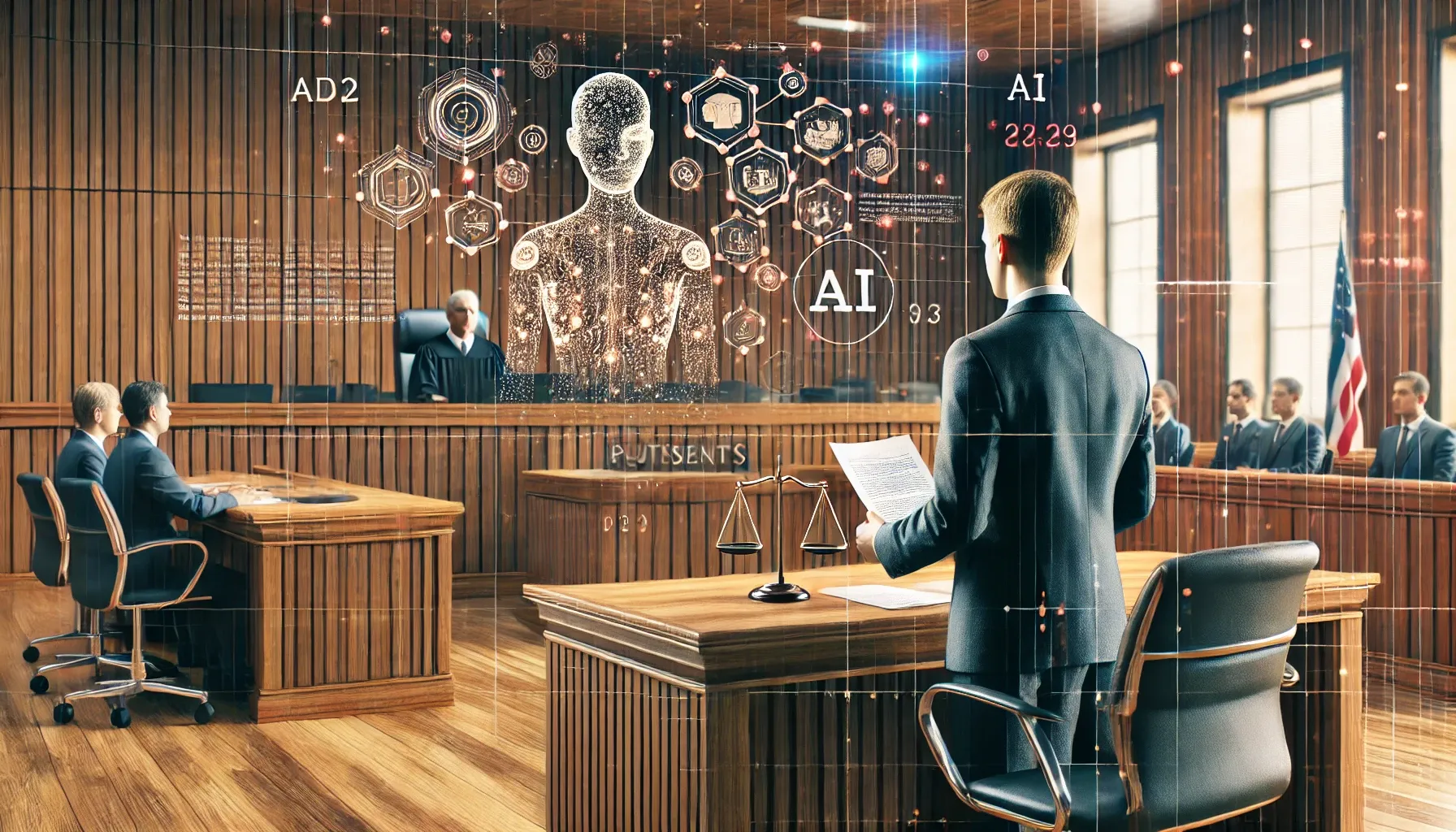The Punjab and Haryana High Court disposed of an LLM student’s plea against allegations of submitting AI-generated content, marking an important step in defining the legal and academic boundaries of AI use.

The Punjab and Haryana High Court, on November 20, 2024, addressed a significant case revolving around the use of artificial intelligence in academic submissions. The case arose from allegations against an LLM student of O.P. Jindal Global University, whose submission for an exam was deemed "AI-generated."
The Court ultimately disposed of the plea after the University issued a revised transcript, marking the student as "Passed" in the subject. This decision has brought attention to the growing influence of artificial intelligence in academia and the legal framework governing its use.
Background of the Case
- The petitioner, Kaustubh Shakkarwar, a lawyer by profession, challenged the University’s decision to declare his submission for the subject "Law and Justice in the Globalizing World" as "AI-generated."
- Following this determination, the University’s unfair means committee marked the petitioner "Failed" in the subject, alleging a breach of academic integrity.
- Shakkarwar contended that his submission was entirely his own and sought the quashing of the committee’s decision.
Arguments by the Petitioner
- Shakkarwar argued that the University had failed to provide any formal documentation or policy explicitly prohibiting the use of artificial intelligence in academic submissions.
- He cited Section 2(d)(vi) of the Copyright Act, 1957, to assert his intellectual property rights. He stated:
"If the petitioner did even use AI, the copyright of the artistic work would lie with the petitioner, and thus the allegation of violation of copyright fails." - The petitioner also highlighted procedural lapses, stating that he had appealed the committee’s decision but only received a response after a four-month delay, which informed him that the appeal had been dismissed.
University's Position
- The University alleged that Shakkarwar’s submission was AI-generated, violating academic integrity norms.
- The unfair means committee acted on this determination and marked him "Failed" in the subject.
- No specific rule or policy was cited to substantiate the allegation, raising questions about the clarity and enforceability of the University's academic guidelines.
Court's Decision
- During the proceedings, the University issued a revised transcript, marking the petitioner as "Passed" in the subject, effectively resolving the dispute.
- Justice Jasgurpreet Singh Puri observed that the petitioner had already achieved the relief he sought through the revised transcript and declared the plea infructuous.
- The Court did not delve into the broader implications of the allegations or the use of AI in academic settings, as the immediate grievance had been addressed.
Key Legal and Institutional Implications
- AI in Academia:
The case underscores the growing challenges posed by artificial intelligence in educational environments. While AI tools are increasingly being used for academic purposes, the lack of clear policies regulating their use creates ambiguities and disputes. - Intellectual Property Rights:
The petitioner’s reliance on Copyright Law, specifically Section 2(d)(vi) of the Copyright Act, 1957, introduces a critical discussion on whether AI-assisted creations retain the copyright of the individual who generated them. - Procedural Delays:
The delay in addressing the petitioner’s appeal highlights concerns about procedural efficiency and transparency in academic institutions. - Policy Gaps:
This case emphasizes the urgent need for universities to adopt comprehensive guidelines explicitly addressing the use of AI in academic submissions to avoid similar disputes in the future.
Case title: Kaustubh Anil Shakkarwar v. Jindal Global Law School & Ors.





